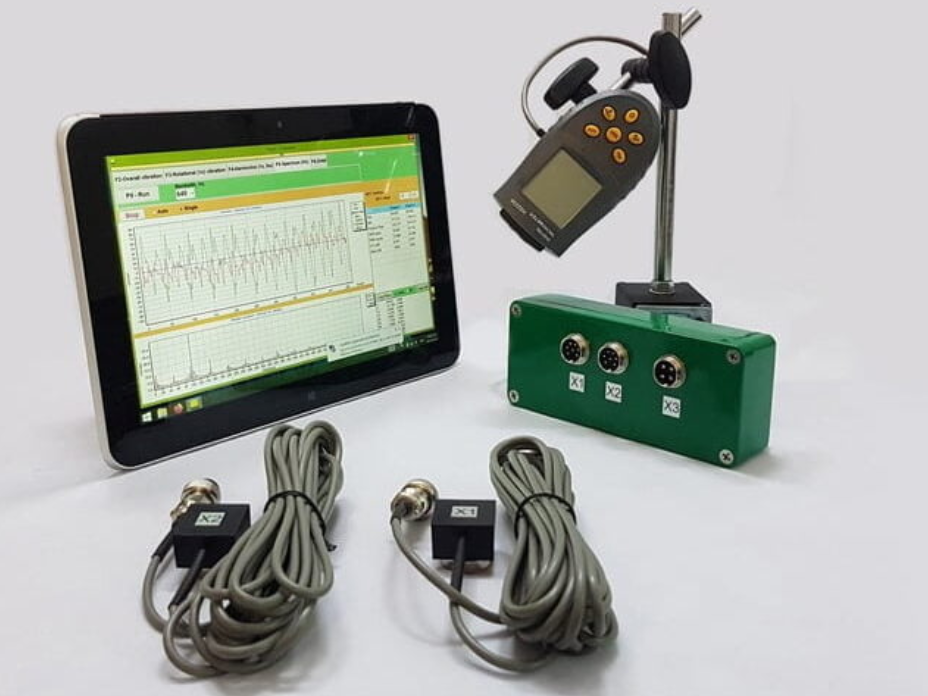Euro area investor morale fell to the lowest since July 2020 with the current conditions index falling from 7.8 in March to -5.5 in April, the lowest level in a year. Meanwhile, the expectations reading also fell from -20.8 in March to -29.8 in April, the lowest since December 2011.
Recession fears are the main cause as the Russia-Ukraine conflict and the sanctions related are exacerbating underlying weakness in the euro area economy. Sentix notes that:
“Investors do not expect that the central bank can rush to the rescue with a more relaxed, more expansive monetary policy because of the still considerable pace of inflation Read this Term
ADVERTISEMENT – CONTINUE READING BELOW
Source link
Post Navigation










